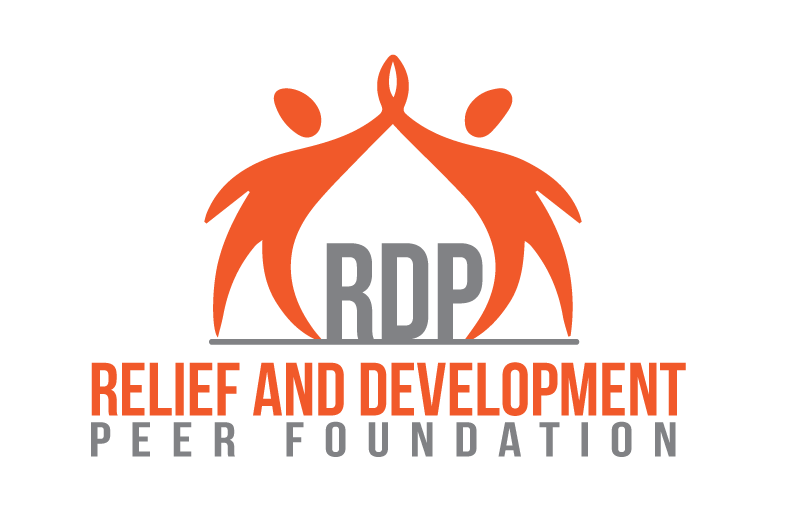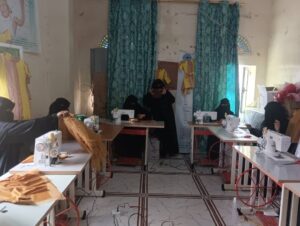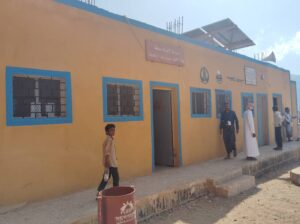Knowledge Is Power
To ensure a successful implementation of humanitarian and development projects within the most affected and vulnerable communities, you need first to identify and address the very basic needs of every individual in the community. Most importantly, making a positive intervention and sustainability to maintain continuous progress for your projects, it’s vital to focus on how to properly plan these projects, to find follow-up methods that can determine the weaknesses, and to work on finding quick solutions for them.
During the period of February 13th to Feb 18th, 2018, Relief and Development Peer Foundation (RDP) was hosting the most practical and comprehensive workshop to the many facets of project management, and that was in partnership with Bena Charity for Human Development (BCHD). This five-day training course was aimed to enrich all 16 participants disaggregated (11 men, 5 women) with informative methodologies of running any humanitarian or development project.
Moreover, it’s been a bless to have such a qualified and diligent trainer who has provided participants with sufficient information related to project management as explained in details below:
Difference between a project and a program, project life cycle, studying and assessing community needs, identifying problems, setting priorities, analyzing problems, developing solutions, choosing the right project according to established criteria, setting goals, designing the work plan, implementation method and preparing the monitoring and evaluation plan, expected outcomes, balancing the budget, conflicts sensation, contingency plan, difference between a monitoring and evaluation, monitoring tools, qualitative evaluation indicators, quantitative evaluation indicators, project impact measurement, and finally the logical frame work of the project.
In closing, the way I see it is that understanding effective techniques of project management can help organizations carry out large-scale projects on time and on budget. Therefore, all participants have already got what it takes to achieve the objectives of the projects; however, this workshop in fact was an added value to them.



